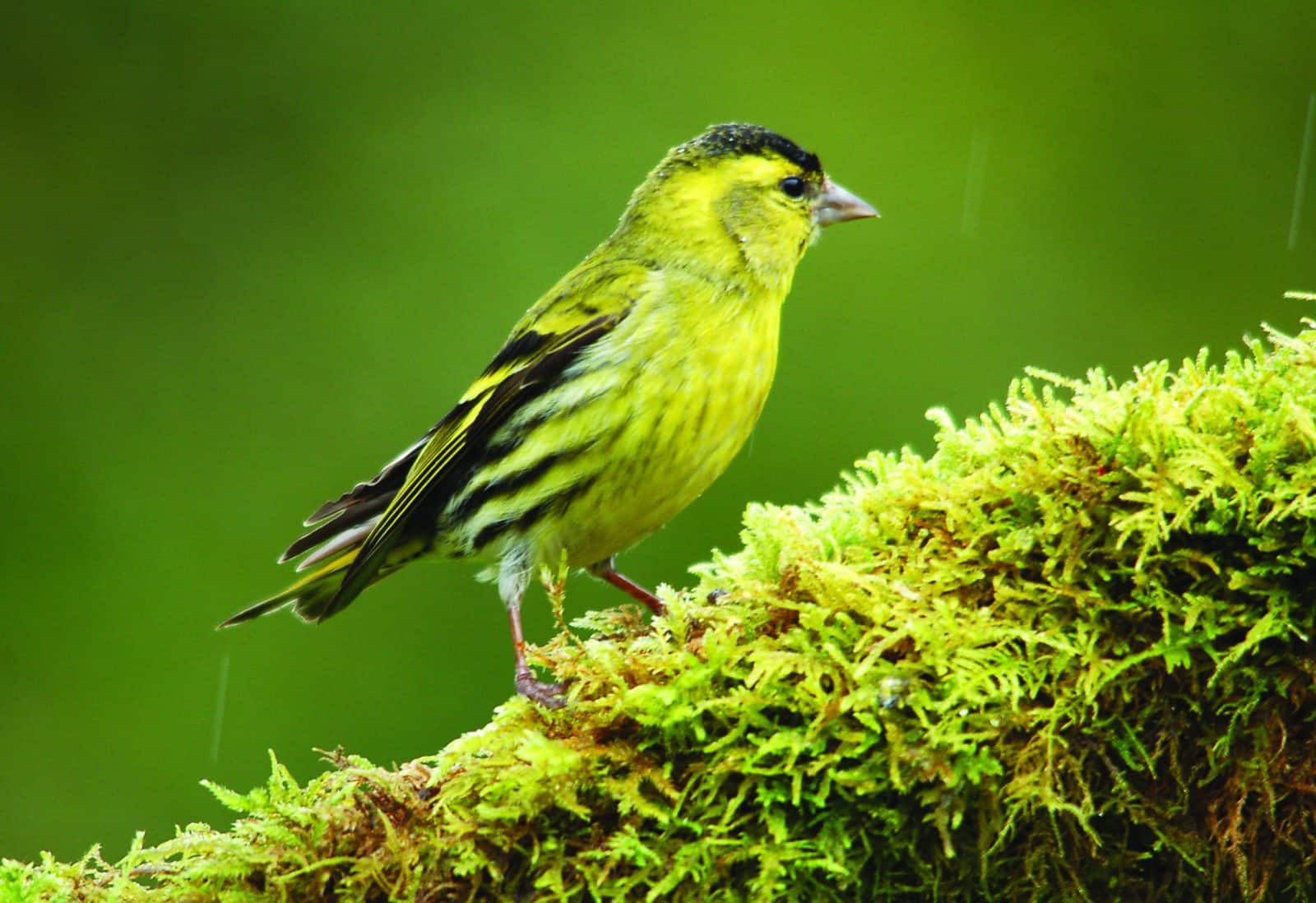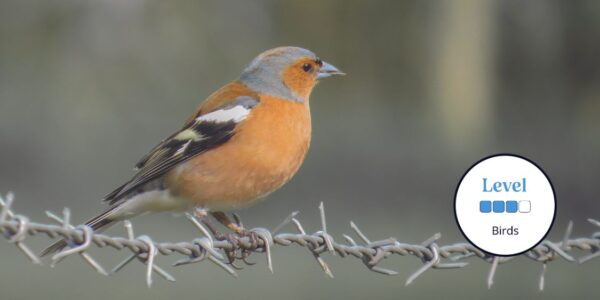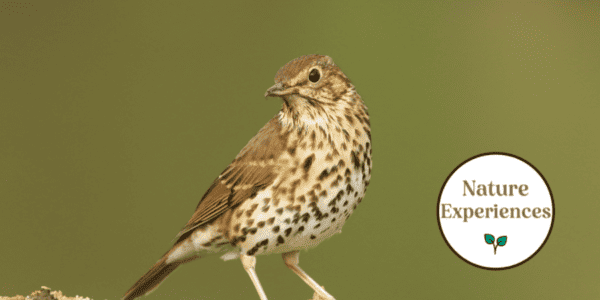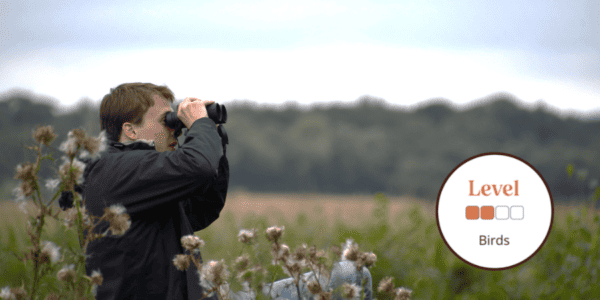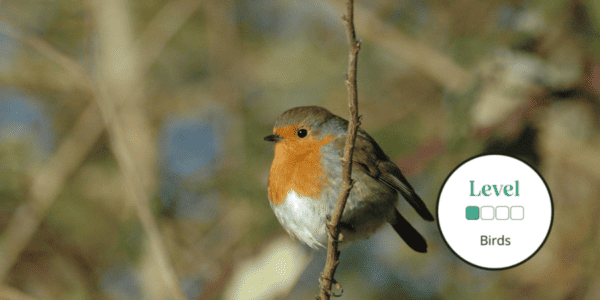This beginner course will guide you in getting to grips with practical bird watching field skills. Including how to choose and use binoculars, how to start learning bird songs and calls, and how to give yourself the best chance of spotting the birds in the first place!
There will be some classroom based sessions covering the basics of bird anatomy, classification, ethics and observational skills before heading out into the field to practice spotting and identifying some of the varied birdlife found around Grow Wilder.
What will be covered during this course?
-
- Introduction to the basic craft and techniques of bird watching
- How to use a field guide
- How to use binoculars
- Introduction to common bird families
- Field practice
By the end of the course, you will be able to:
-
- Use basic identification guides and binoculars with some confidence
- Knowledge of main bird groups and how to identify some of the commoner bird species in the field
- Practice listening to and identifying common/distinctive species by sound
- Share this knowledge with friends, family, and fellow volunteers
Who Should Attend? – Nature enthusiasts, students, rangers, early career ecologists, amateur birdwatchers.
Knowledge Level – Beginner. Level descriptors can be found on the following web-page: Framework and Course Level Descriptors
Prior Knowledge – No prior knowledge is required.
This level 2 course is next in the series of our Birds framework and is a perfect progression from our level 1 Field Ecology of Garden Birds. This course is for anyone who is starting out on their journey into identifying birds and those wishing to build on an existing basic foundation.
PLEASE NOTE the course fee is for tuition only. There is no accommodation or refreshments provided with this course.
Bookings will close if course capacity is reached.
Please email [email protected] if you have any questions.
Group Bookings Made Easy
If you have a group of 10 or more individuals wanting to complete one of our courses, our team are available to discuss your options – from discounts to private/bespoke team courses. Click here to find out more!
If we are unable reach viable numbers for this course, we will inform you of the course cancellation 14 days prior to the course run. We would recommend when purchasing accommodation and/or travel you should take out your own insurance.
Tutor: Sandy Hill
Sandy Hill worked for the FSC over a decade, teaching at 9 centres in England and Wales. Having recently retired, he’s now exploring more of Pembrokeshire as a keen birder and enthusiastic natural historian. However, he is happiest when able to share his knowledge and love of the environment.
Example Timetable
Timetable
- Please arrive in time for the course to start promptly at 10:00 am.
- The course will end at 5:00 pm.
10:00am - Introductions and classroom session covering:
- Basic bird anatomy
- Introduction to bird groups
- Ethics of bird watching
- Binocular basics
11:00am - Break and prepare for field session – refreshments not provided
11:30am - Bird watching walk along the Stour valley through varied habitats spotting and practicing identification by sight and sound
1:00pm - Lunch – not provided
1:30pm - Continued field time
3:30pm - Return to centre
4:00pm - More bird groups, where else to go, next steps
4:45pm - Classroom plenary – summary and final questions
5:00pm - End of course
Please note - accommodation, refreshments and an evening meal are not included.
What's Included
The course includes:
- Classroom learning covering the theory of the species
- Field excursions to apply new knowledge
- Expert tuition for which the Field Studies Council is renowned
- Clear objectives and progression
You can rest assured that the absolute best content from an expert in environmental education will be provided. In choosing a Field Studies Council course, you will be joining thousands of people who learn with us each year.
Bursaries and Subsidies
Student Discount
This course is eligible for a student discount. If you are a current student, please use discount code BioStudent20 at checkout for 20% off all Biodiversity courses.
Before You Attend
What to Bring:
- Notebook and pencil
- Lunch and refreshments
- Sensible footwear and clothing for being outdoors
- Small bag to carry personal items
If you have them:
- Binoculars
- Your own reference book(s)
The FSC offers a range of bird based publications that you may wish to purchase to enhance your learning.
There will be a member of staff with first aid training and access to a first aid kit on site. If you have special medical or access requirements, please let us know as soon as possible so we can plan the course.
Sorry this course booking is closed

